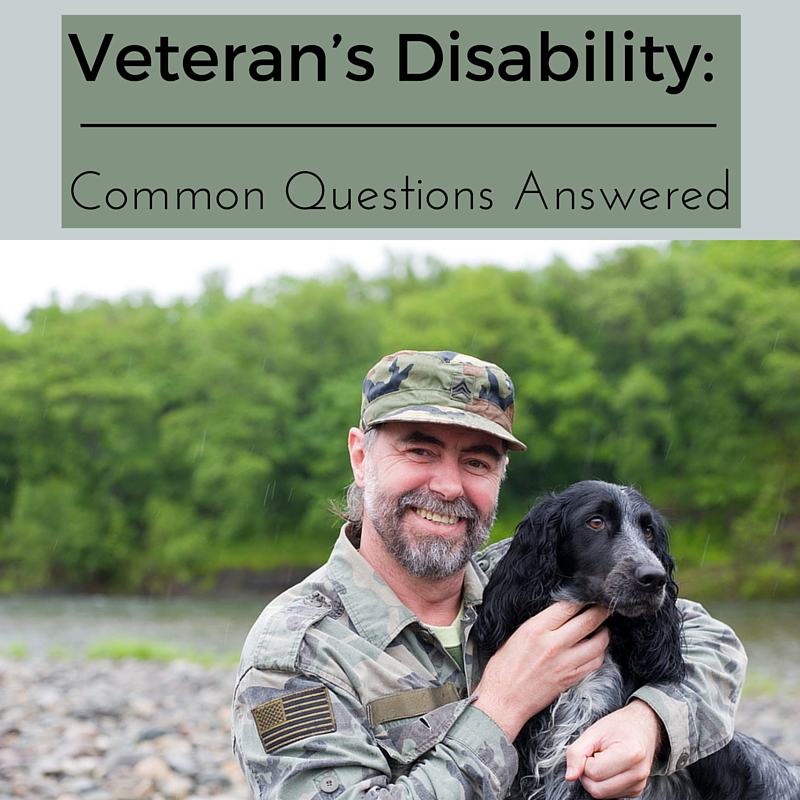
Although it should be a simple process to obtain veteran’s disability benefits, it can be a complicated, time-consuming endeavor.
Many times, veterans must turn to an attorney to get the benefits they deserve. These are some of commonly asked questions attorneys hear when veterans seek assistance in getting benefits.
How long does it take for a Veteran’s Disability claim to be processed?
The process for obtaining disability benefits as a veteran can take between two and four years, depending on how complicated the case is.
There are organizations who will claim they can get the disability request processed more quickly, but this isn’t the case. A claim can be processed more quickly for only two reasons – economic hardship and terminal illness.
Although terminal illness is fairly easy to prove, it is more difficult to demonstrate that a delay in disability benefits presents economic hardship severe enough that the claim should be processed more quickly.
I didn’t seek treatment while I was in the service. Can I still file a claim?
There are many conditions that do not manifest until after you leave active duty. Post-traumatic stress disorder (PTSD) and other mental disabilities may not appear until you have been discharged. In addition, you can develop physical issues after discharge that are related to what you did in the service. For example, parachuting from a plane or helicopter can cause damage to feet, ankles and backs, but the symptoms may not appear for several years, even after discharge. The key is to seek treatment as soon as you develop symptoms in order to qualify for a disability claim.
Is there a secret to getting approved for Veteran’s disability?
No.
There is no secret method for getting approved for disability through the Veteran’s Administration. However, you are more likely to get approval if you seek medical attention soon after you have been discharged.
If you are suffering from knee pain at the time of discharge, even if it is minor, seek medical attention in order to document that the injury occurred while you were in the service. In many cases, especially those related to joints, the injury grows more severe over the years, but if you have not documented even a slight injury while in the service or shortly afterward, you may be denied disability.
My friend was approved for the same thing I applied for, yet I was denied. Why?
Each claim is different and the Veteran’s Administration reviews them on an individual basis. Even if you and your friend had the same experiences, your claim may be viewed differently. For example, a veteran may be eligible for Gulf War Illness Presumptive Conditions, but only if he served in a country that is covered under that illness. Even if you served in a country that closely borders a country that is covered, you may be ineligible but a friend who served in a covered country is eligible.
Can I still work?
If you are approved for Individual Unemployability, a special claim for veterans who have been determined unable to work at any job, you are not permitted to work. However, if you have not been qualified under that provision, you can still work full-time, even if the government has determined you are 100 percent disabled.
If I work, will I make too much money to qualify?
Veteran disability is not income based so you are not limited in the amount you can make under disability. However, if you are also receiving a veteran’s pension, you may need to pay attention to the amount you make as there are income limits attached.
If you are a veteran who has been denied disability or you need assistance filing a disability claim, contact Lundy Law today to learn what rights you may have. You can contact us online by filling out our easy request form or give us a call at 1-800-Lundy Law. We will begin the steps to help you get the compensation you deserve for your service to the country.















